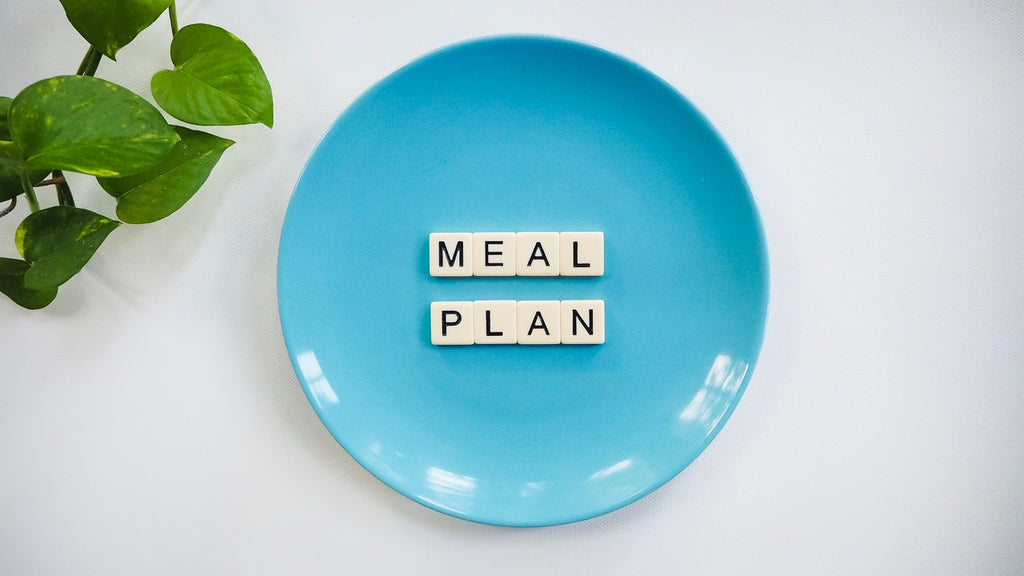Three science-backed reasons to front-load your calorie intake
We all know that what you eat matters, but when you consume food is equally important. According to ancient Chinese philosophy, the sun’s movements guide the energy flow within your body—7:00 - 9:00 A.M. is for the stomach, which is when you should eat the biggest meal of your day; 9.00 - 11:00 A.M. is for the pancreas; and 11:00 A.M. - 1:00 P.M. is for the heart. Dinner, which is to be consumed between 5:00 - 7:00 P.M., is for the kidneys and thus, should be a light bite. Downsizing your meals as the day goes on and aligning them to your natural circadian rhythm is linked to multiple health benefits—think slimmer waistline, better gut health and restful sleep patterns.Maintain your weight
 Photo by Diva Plavalaguna from Pexels
Photo by Diva Plavalaguna from Pexels
Focus on gut health
 Photo by Polina Zimmerman from Pexels
Photo by Polina Zimmerman from Pexels
Improve sleep patterns
 Photo by cottonbro from Pexels
Photo by cottonbro from Pexels
Scientists have found that our bodies cope better when we eat more at the start of the day and less as the day progresses. Overeating in the evenings can lead to indigestion, which negatively affects sleeping patterns. Lack of proper sleep is also linked to weight gain and obesity. In another study, regular sleep patterns were linked to a happy, healthy lifestyle with a calmer, more peaceful outlook on life.
Given our hectic work schedules and family obligations, following a strict meal plan with an even stricter meal time may be difficult. Follow the below-mentioned points to easily harness the benefits of well-timed and well-planned meals.
- Eat a well-balanced breakfast: Include proteins, carbohydrates and plant-based fats. Do not skip this meal. It is known to reduce blood sugar spikes throughout the day and also keeps your hunger hormones in check.
- Limit snacking and keep dinner light: If you do eat a hearty breakfast, it is likely that you will use that food fuel as energy and not crave more food. For dinner, keep it simple by including grilled chicken, fish or lentils with green leafy vegetables.
To book a virtual consultation with me, click here.
FEATURED IMAGE COURTESY: Vegan Liftz from Pexels

